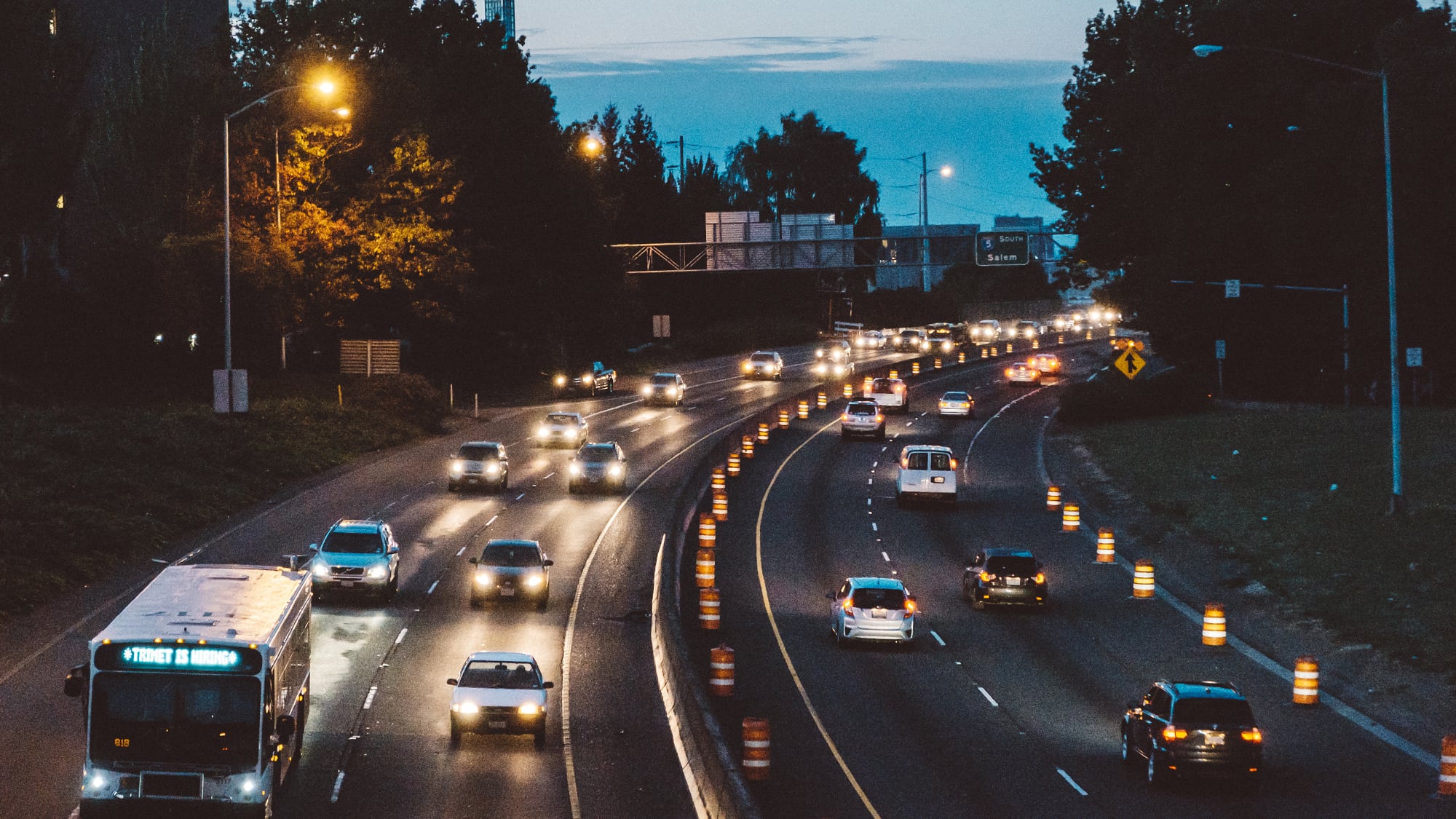Gov. Kate Brown threw a wobbly Hail Mary pass today to the Oregon Transportation Commission, which is meeting in Lebanon, Ore. and was scheduled to make a decision Dec. 17 on how to proceed on the proposed $450 million expansion of I-5 at the Rose Quarter.
She asked the commission to not decide yet.
"I request the commission table the decision of the environmental review path for a few months and focus on completing work on developing a leadership policy, project decision making structure and moving forward with a third-party independent student of development alternatives for the planned highway covers," Brown wrote to the OTC in a Dec. 16 letter which was first reported by The Oregonian. "These items were requested for completion over six months ago, and ODOT has not yet completed them. In order to move forward in partnership with the region, they must be completed before an environmental review path is chosen."
The Oregon Department of Transportation has pitched the project as a way to reduce congestion and increase safety. Critics, including Portland Public Schools, Albina Vision, the city of Portland, Multnomah County and Metro have asked for further study of the project's environmental consequences.
Those critics collectively wrote to Brown last week, asking her to order the five transportation commissioners, who are her appointees to ask for a full-blown Environmental Impact Statement, which is weightier process than the environmental assessment ODOT conducted.
Although Brown stopped short of ordering the OTC to conduct an EIS, she included in her letter a thinly-veiled criticism of the agency's desire to expand freeway capacity.
"We cannot build our way out of congestion by inducing greater demand on the system," Brown wrote. "We must manage demand to reduce congestion while also reducing emissions consistent with the state's greenhouse gas emission goals."
The historic approach to congestion is to create more supply, i.e. build more highways or expand those that already exist. Brown wants the OTC and ODOT to instead focus on reducing demand, through tolling, aka "congestion pricing."
"I would like you to include a full review of congestion pricing and how its implementation would impact the Rose Quarter," Brown wrote.
OTC Chairman Bob Van Brocklin briefly adjourned today's meeting so commissioners could read and digest the governor's letter. Their reception was less than enthusiastic but the consensus was to proceed with public testimony tomorrow, with a discussion of the Rose Quarter scheduled for 10:25 am tomorrow, and then decide how to move forward.
The hearing will be broadcast live on ODOT's YouTube channel.

